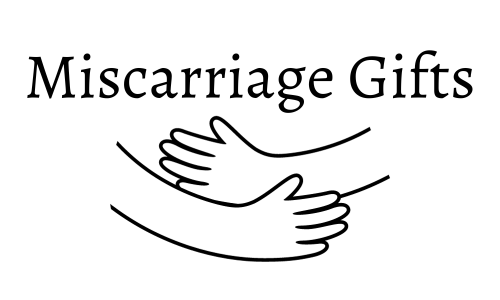Miscarriage is a heartbreaking experience that affects countless couples worldwide. Despite being a relatively common occurrence, there is often a lack of comprehensive understanding surrounding what a miscarriage is, its causes, symptoms, and the support needed during this challenging time. In this blog post, we delve into the medical aspects of miscarriage to shed light on this sensitive topic.
Defining Miscarriage:
A miscarriage is defined as the spontaneous loss of a pregnancy before the 20th week. According to medical experts, it is estimated that up to 20% of pregnancies end in miscarriage. It is crucial to note that the term "miscarriage" encompasses various types, including complete, incomplete, missed, and recurrent miscarriages.
Causes of Miscarriage:
Understanding the causes of miscarriage is complex, as various factors can contribute to pregnancy loss. Chromosomal abnormalities in the developing fetus are a leading cause, accounting for a significant percentage of early miscarriages. Other factors include maternal age, hormonal imbalances, uterine abnormalities, infections, chronic medical conditions, and lifestyle factors such as smoking and excessive alcohol consumption.
Symptoms of Miscarriage:
The symptoms of a miscarriage can vary, and not all pregnancies display obvious signs. Common indicators include vaginal bleeding, cramping, abdominal pain, and the passage of tissue or clots. However, these symptoms can also be associated with other conditions, highlighting the importance of consulting with a healthcare professional for an accurate diagnosis.
Diagnostic Procedures:
Medical practitioners employ various diagnostic procedures to determine if a miscarriage has occurred. Transvaginal ultrasound is a common method to visualize the pregnancy, assess fetal development, and detect any abnormalities. Blood tests, such as measuring human chorionic gonadotropin (hCG) levels, can provide additional insights into the status of the pregnancy.
Emotional Impact:
Beyond the physical aspects, miscarriage takes a substantial emotional toll on individuals and couples. Grieving the loss of a pregnancy is a unique and personal journey, and the emotional impact can be profound. Feelings of sadness, guilt, and even isolation are common, highlighting the need for emotional support during this challenging time.
Support and Coping Strategies:
Navigating the emotional aftermath of a miscarriage is a delicate process. Seeking support from healthcare professionals, friends, family, or support groups can provide a vital lifeline. Additionally, incorporating coping strategies such as counseling, journaling, and participating in rituals to honor the lost pregnancy can aid in the healing process.
Prevention and Future Pregnancies:
While some miscarriages are unavoidable, there are steps individuals can take to minimize risk factors and promote a healthy pregnancy. Attending regular prenatal check-ups, maintaining a balanced lifestyle, and avoiding harmful substances are essential considerations. For those facing recurrent miscarriages, medical intervention and consultation with a fertility specialist may be necessary.
Miscarriage is a multifaceted and emotionally challenging experience that warrants open discussions to increase awareness and understanding. By exploring the medical aspects of miscarriage, we hope to contribute to a more informed and compassionate dialogue surrounding this prevalent yet often misunderstood aspect of reproductive health. Ultimately, fostering a supportive community and providing resources for those affected by miscarriage is crucial for breaking the silence and promoting healing.
Disclaimer: The information provided in this blog post is for general informational purposes only and does not constitute medical advice. The content is not intended to be a substitute for professional medical diagnosis, treatment, or guidance. Always seek the advice of your physician or another qualified health provider with any questions you may have regarding a medical condition. Never disregard professional medical advice or delay seeking it based on information presented in this blog post. Reliance on any information provided herein is solely at your own risk. The authors, publishers, and contributors of this blog post are not responsible for any errors or omissions or for the results obtained from the use of this information.

